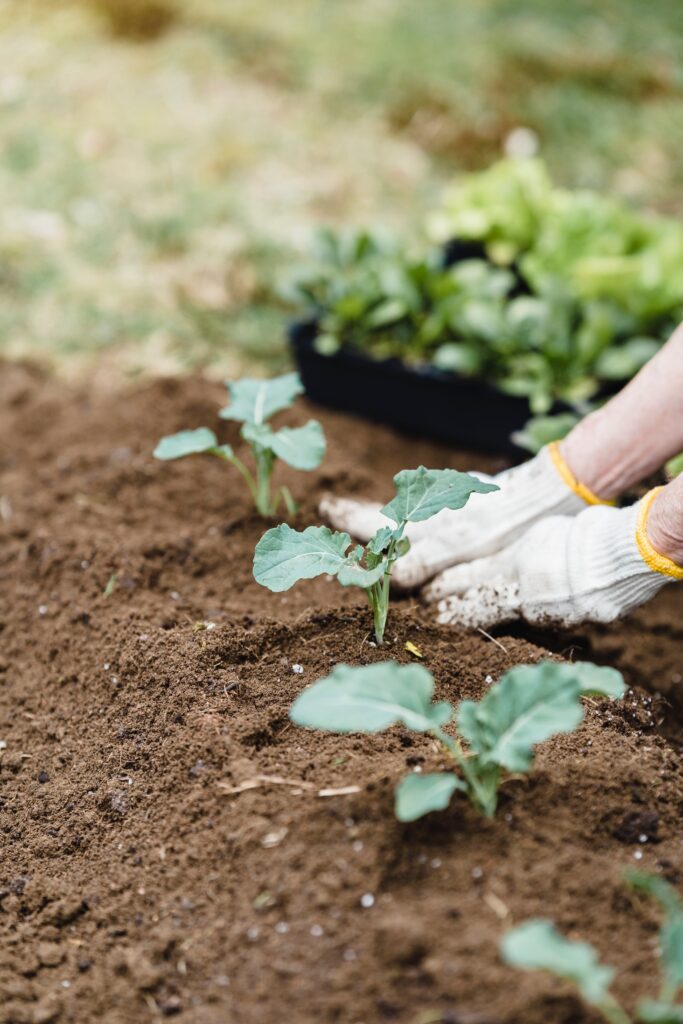Environmental sustainability refers to the responsible and balanced use of natural resources and the protection of the environment to meet the needs of the present generation without compromising the ability of future generations to meet their own needs.

It involves maintaining the health and integrity of the planet’s ecosystems, ensuring that human activities do not deplete or degrade natural resources, and minimizing the negative impacts of human actions on the environment.
There are several key components of environmental sustainability:
- Conservation of Resources: This includes reducing the consumption of non-renewable resources such as fossil fuels, minerals, and water, as well as the responsible management of renewable resources like forests, fisheries, and agricultural land.
- Reduction of Pollution: Minimizing pollution and waste production to prevent environmental degradation and harm to human health.
- Biodiversity Preservation: Protecting and preserving the diversity of plant and animal species and their habitats to maintain ecological balance and resilience.
- Mitigating Climate Change: Taking actions to reduce greenhouse gas emissions, combat global warming, and adapt to the changing climate.
- Sustainable Agriculture: Promoting agricultural practices that enhance soil fertility, protect water quality, and reduce the use of harmful chemicals.
- Sustainable Energy: Promoting the use of renewable and clean energy sources to reduce reliance on fossil fuels and decrease carbon emissions.
- Responsible Urban Planning: Developing cities and communities that are efficient, reduce environmental impacts, and prioritize public transportation and green spaces.



Environmental sustainability is important for several reasons:
- Long-term Survival: Without environmental sustainability, we risk depleting natural resources and degrading ecosystems to the point where they cannot support human life and other species.
- Human Health: A healthy environment is essential for human health. Pollution and resource depletion can lead to various health problems, from respiratory diseases to waterborne illnesses.
- Economic Stability: Sustainable practices can lead to economic stability and resilience by ensuring a reliable supply of resources and reducing the costs associated with environmental damage and resource scarcity.
- Social Equity: Sustainable practices can help address social inequalities by ensuring that resources are available for all and that vulnerable communities are not disproportionately affected by environmental degradation.
- Ethical Responsibility: Many people view environmental sustainability as a moral and ethical responsibility to future generations and the broader community of life on Earth.
In summary, environmental sustainability is critical for safeguarding the planet, ensuring the well-being of current and future generations, and promoting the responsible use of natural resources.
It’s a multifaceted concept that encompasses economic, social, and environmental dimensions and requires a collective effort from individuals, businesses, governments, and international organizations to achieve.

When we look at all the things to consider about sustainability and how we can do our part, it’s natural to feel overwhelmed. Know that even small steps to live a more sustainable lifestyle and support sustainable practices are steps in the right direction. At Beauty Way, we want to learn as much as we can and guide our clients and audience to making more sustainable choices. Follow along on our blog and social media to learn more.
